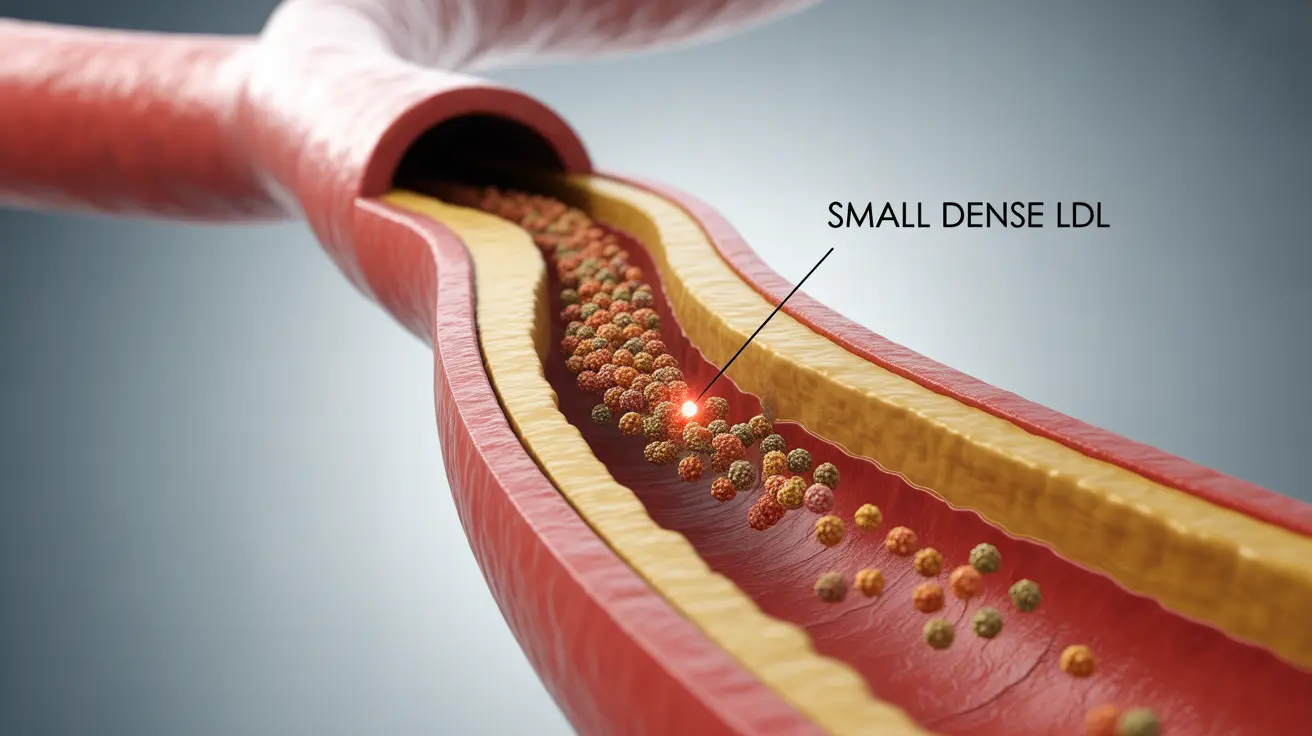For decades, we've been told that high LDL (low-density lipoprotein) cholesterol is universally harmful to our health. However, recent research suggests that the relationship between LDL cholesterol and heart disease risk may be more complex than previously thought. This article explores the nuanced understanding of LDL cholesterol and its impact on your health.
Understanding LDL Cholesterol and Its Role
LDL cholesterol, often called "bad" cholesterol, plays a necessary role in our body's functions, including cell membrane formation and hormone production. While elevated levels are traditionally associated with increased cardiovascular risk, emerging research indicates that the relationship between LDL and heart disease may vary depending on several factors.
The Complexity of LDL Cholesterol Risk
Age and LDL Impact
Studies have shown that the relationship between LDL cholesterol and cardiovascular risk can change with age. In fact, some research suggests that higher LDL levels in older adults might not carry the same risk as in younger individuals. This phenomenon, known as the "cholesterol paradox," has led researchers to question whether aggressive LDL lowering is always necessary for elderly patients.
Different Types of LDL Particles
Not all LDL cholesterol particles are created equal. Small, dense LDL particles are considered more dangerous than larger, more buoyant ones. These smaller particles can more easily penetrate arterial walls and contribute to plaque buildup. Understanding your LDL particle size and number through advanced testing can provide better insight into your cardiovascular risk.
Other Risk Factors to Consider
When evaluating the impact of high LDL cholesterol, it's crucial to consider other cardiovascular risk factors, including:
- High blood pressure
- Smoking status
- Diabetes
- Family history
- Inflammation markers
- HDL cholesterol levels
- Triglycerides
Managing LDL Cholesterol Effectively
While the debate about LDL's impact continues, maintaining healthy cholesterol levels through lifestyle modifications remains important. Key strategies include:
- Regular physical activity
- Mediterranean-style diet
- Weight management
- Limiting saturated fats
- Increasing fiber intake
- Stress reduction
Current Medical Guidelines and Treatment Approaches
Despite emerging research, most medical guidelines still recommend monitoring and managing high LDL cholesterol. This conservative approach is based on decades of research showing a correlation between elevated LDL and cardiovascular events. However, treatment recommendations increasingly consider individual risk factors rather than LDL numbers alone.
Frequently Asked Questions
Is high LDL cholesterol always harmful to heart health or can it be safe in some cases?
High LDL cholesterol isn't always harmful in every situation. The impact depends on factors like particle size, overall health status, and other risk factors. However, consistently elevated levels should be monitored and discussed with healthcare providers.
How does age or other health conditions affect the risks associated with high LDL cholesterol?
Age can significantly influence LDL cholesterol's impact on health. Older adults might not face the same risks from elevated LDL as younger individuals. Additionally, conditions like inflammation, diabetes, and hypertension can modify how LDL affects cardiovascular health.
What lifestyle changes can help manage or lower high LDL cholesterol effectively?
Effective lifestyle modifications include adopting a heart-healthy diet, regular exercise, maintaining a healthy weight, limiting alcohol consumption, and quitting smoking. These changes can significantly impact LDL levels and overall cardiovascular health.
Why do medical guidelines still recommend lowering LDL cholesterol if recent studies suggest it may not always increase risk?
Medical guidelines remain conservative due to extensive historical evidence linking high LDL to heart disease. While new research suggests a more complex relationship, guidelines prioritize prevention and recommend LDL management as part of a comprehensive approach to cardiovascular health.
What types of LDL particles are most dangerous, and how can I know if my LDL is harmful?
Small, dense LDL particles are considered most dangerous. Advanced lipid testing can determine your LDL particle size and number, providing a more accurate assessment of cardiovascular risk than standard cholesterol tests alone. Consult with your healthcare provider about whether this testing would be beneficial for you.




